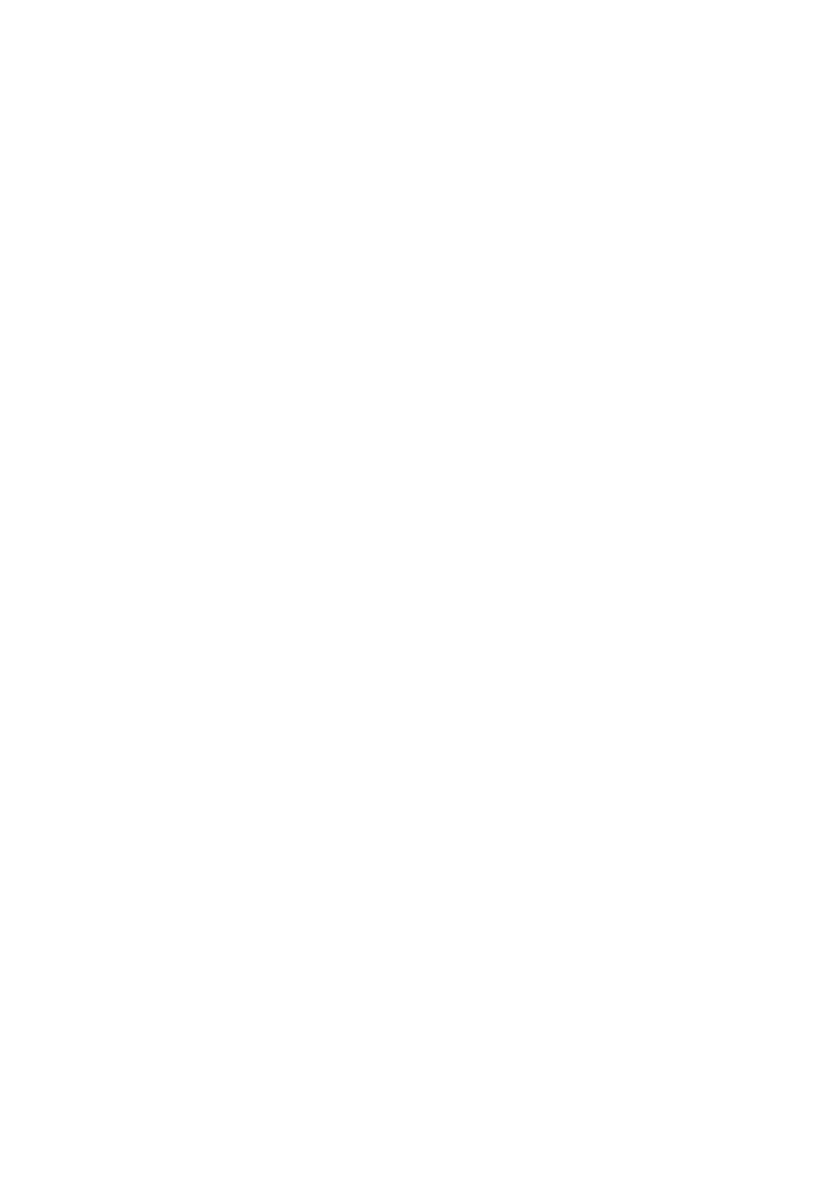

The two years’ limitation period entered into force on 1st July
2012. Prior to that date, this limitation period was only one year. This
short limitation period caused many problems in practice. In most
cases, the injured party became aware of the damages, as well as the
identity of the person who had caused the damages at the time when
either he/she filed a complaint before the Competition Authority, or
when the Competition Authority launched an investigation concerning
the infringement. Decisions to launch an investigation are published on
the web site of the Competition Authority, and create, therefore, pub-
lic awareness. The claim concerning compensation has to be initiated
within two years (this limitation period was one year, before) from the
date the injured party was made aware of the infringement. In many
instances, the claimants, who waited until the end of the investigation
phase, passed the limitation period, and their claims were rejected.
Moreover, complaints filed before the Competition Authority, or the
request to set aside the Competition Court’s decision, does not suspend
the limitation periods.
In light of the Directive, a more detailed provision on the limita-
tion period may be provided in the draft law on the amendment of the
Act (the “Draft Law”).
Passing on of Overcharges and Passing on Defense
Anyone who suffered damages, whether as direct or indirect pur-
chasers, can claim compensation. Article 12 of the Directive provides
that Member States are obliged to regulate procedural rules in order to
prevent overcompensation. These procedural rules intend to avoid
compensation for the actual loss that exceeds the overcharge harm suf-
fered. Direct purchasers can pass on overcharges that they are exposed
to due to a competition law infringement to indirect purchasers, such
as in situations where price increases are “passed on” through the dis-
tribution chain. Direct customers of an infringer often increase their
prices to offset the increased price they had to pay. Pursuant to Article
13, a defendant can invoke a defense claim for damages by claiming
that the claimant passed on the overcharge that occurred as a result of
the infringement. The burden of proof shall be on the defendant
(infringed undertaking). National courts are empowered to determine
the share of any overcharge that was passed on. The Directive intends
234
NEWSLETTER 2014
















